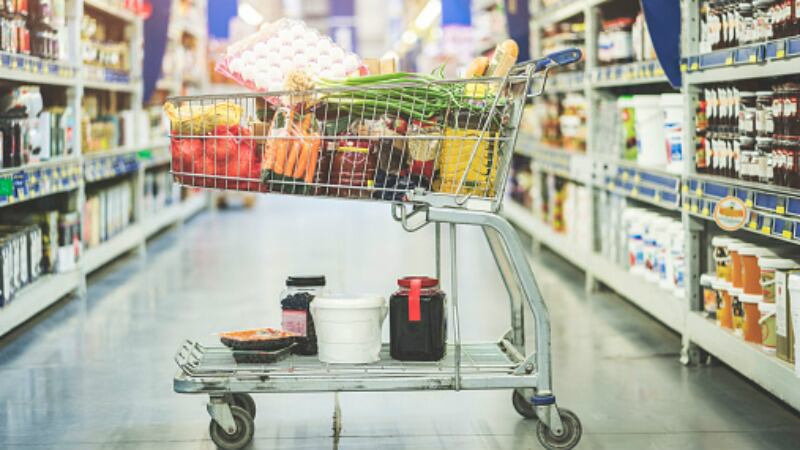In the wake of the COVID-19 pandemic, the economies of many markets worldwide are suffering from aftereffects including significant inflation resulting in increased prices of food and groceries, and Australia has not been immune to this.
According to data from analytics firm IRI, many factors are currently pointing towards economic uncertainty impacting the FMCG industry such as decreased household savings ratios, supply chain pressures and labour scarcity – all of which are expected to contribute to a cost of living crunch that will be felt throughout Australia in the near future.
“[Although we do see] total Australian retail sales remain robust in spite of the looming cost of living crisis, [it must be noted that] inflation is rising more than twice as fast as wages [in the country and] cost of living has become a clear top issue of concern – our research saw 50% of consumers selecting this to be a higher concern today than at any point in the last decade,” IRI Australia Commercial Director Analytics & Media Justin Nel told the audience at the recent Food South Australia Summit 2022.
“Within this, food and grocery prices are the top concerns [even when compared to major costs such as housing, utility, or insurance costs], and 78% of Australians actually expect the price of food to either worsen or greatly worsen moving forward.
“As such, even though there is not yet any significant behavioural change that has been clearly identified, [local retailers need to] mitigate against and plan for the likely behavioural shifts [that will take place] when consumers become fixated on price-led value.
“[One way to do this will be to] help consumers manage the rising cost of living by applying well-established revenue management principles, such as smaller or larger packages, targeted promotions [or even] value-for-money private label product lines.”
He cited local supermarket Coles as a good example of this, having supersized 44 types of its household staple products under its new Big Pack Value range to appeal to consumers looking for a good deal, including products such as noodles, sauces, peanut butter and more.
“Such big packages allowed them to offer up to 60% of savings to consumers, simply by switching to bulk-size product formats, and activated these both online and in-store,” said Nel.
“It could also be helpful for the retailers to help shoppers identify savings that can be made by substituting branded products for private label products – such a trend is already being observed in markets such as the United Kingdom, and has seen quite some success in chains such as Morrisson’s where their consumers have been turning in greater numbers to their own-brand lines after it cut the prices of over 500 products this way.”
E-commerce evolution
E-commerce has always been a big point of contention in Australia, with the sector seeing very limited progress before the pandemic hit – but today, Nel argues that retailers not willing or able to hop onto this bandwagon are getting left behind.
“Over the past two years, e-commerce in Australia has grown by some 103% in terms of value, which is no surprise given the pandemic,” he said.
“Retailers that have kept up with this have definitely benefitted, such as Woolworths which has one of the more evolved online ecosystems and saw gains from the shift to online during COVID-19, as opposed to say Aldi which struggled for growth without an online offer or expanding its store network.
“Both of Australia’s largest supermarkets, Woolworths and Coles, have also seen increased consumer loyalty from their online shoppers – research shows that 91% of offline shoppers tend to cross-shop between the two, as opposed to just 18% of online shoppers.
“That said, physical stores remain vital for new product trade marketing activity [with] 74% of shoppers still tending to discover new products in-store. So the idea is not [for retailers to ignore offline activity], but to accelerate digital and e-commerce strategies by investing in capabilities that provide a better shopper experience.”





